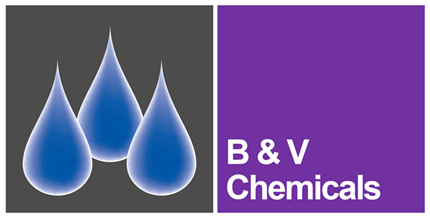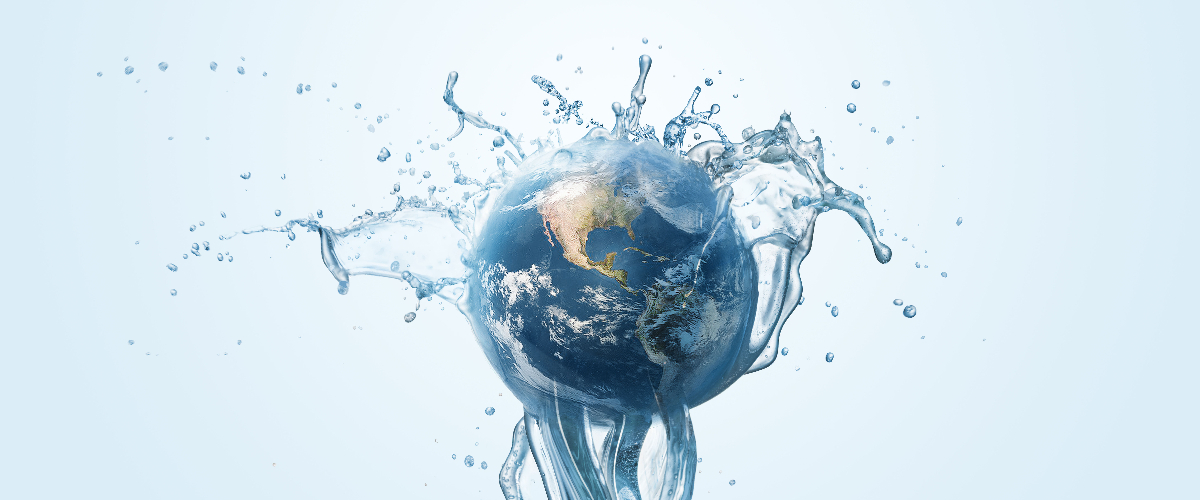Water is essential for all forms of life. Without water, humans, animals, and plants can’t survive. But water is a finite resource, and it’s under stress.
World Water Day is an annual event held on March 22nd. For over 20 years, it has helped to raise awareness about the importance of freshwater and the sustainable management of freshwater resources.
Each year, a specific theme is chosen to highlight a particular aspect of water management or conservation. This year, the theme is Groundwater: Making the Invisible, Visible.
The global water crisis
Around 2.2 billion people lack access to safe drinking water, and approximately 4.2 billion people do not have access to proper sanitation facilities, according to Oxfam. This issue is particularly apparent in developing countries where water infrastructure is lacking and water scarcity is prevalent.
The water crisis is magnified by climate change, population growth, and urbanisation. These factors have increased the demand for water and reduced the availability of water resources. Many countries are experiencing droughts, water pollution, and dwindling groundwater resources, worsening the predicament.
All this has significant implications for public health, economic development, and environmental sustainability. Inadequate access to clean water and sanitation facilities increases the risk of waterborne diseases. It also hinders economic growth by reducing agricultural productivity and limiting access to water for industrial and energy production.
Global action is needed to increase investment in water infrastructure, promote sustainable water management practices, and improve water governance.
The importance of protecting water
Protecting our water is crucial not only for the sustainability of our planet but we also have a moral obligation to future generations. With the global population growing rapidly and the demand for water increasing, if we don’t take action to manage and conserve our water resources now, we risk depleting them even more.
Water is also vital for the functioning of ecosystems and the services they provide, such as biodiversity and climate regulation. Water pollution and over-extraction can harm these ecosystems, affecting their ability to provide these vital services.
Moreover, water is a basic human right. Everyone deserves access to clean, safe water for drinking, sanitation and hygiene.
How businesses can help
With the increasing concern regarding the future scarcity of water, businesses and industries have a responsibility to take action.
One way they can make significant contributions is through the efficient management of water consumption in their heating, cooling, and closed-loop systems. These systems are an integral part of most industrial processes and consume vast quantities of water.
In heating systems, companies can adopt innovative technologies like heat exchangers to recover and reuse heat so as to reduce the amount of water needed. Likewise, cooling systems can be optimised to reduce water usage by using low-flow systems or through the implementation of evaporative cooling techniques.
Closed-loop systems can also contribute to water conservation by reducing the need for freshwater intake. By treating and reusing the water, businesses can significantly reduce their water consumption while minimising their impact on the environment.
The role of water treatment chemicals
Water treatment chemicals are an important part of the water treatment process. They play a vital role in protecting water resources by removing impurities and pollutants.
The role of water treatment is to remove harmful contaminants that could present a risk to human health. Water treatment chemicals are used to remove impurities such as bacteria, viruses, and other microorganisms.
Water treatment chemicals can also be used to remove other contaminants, including heavy metals, nitrates, and other pollutants that may enter water sources due to human activities. These chemicals help to purify the water, making it safe for consumption and reducing the risk of water-borne diseases.
Summary
Water is a precious resource. And the increasing demand, coupled with factors like climate change and population growth, has put it under extreme stress. Adopting sustainable water management practices is vital, and businesses have a responsibility to act. Water treatment chemicals are also essential for protecting water resources and ensuring safe water.







